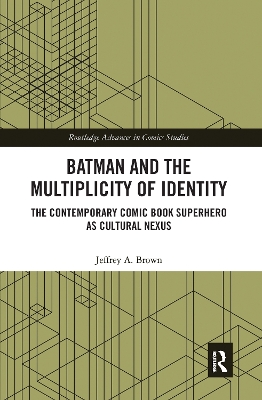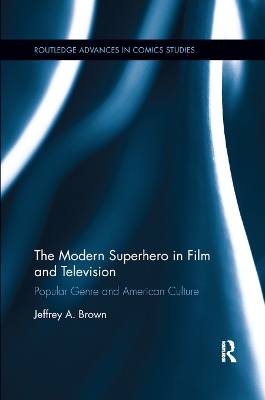Routledge Advances in Comics Studies
2 total works
Concentrating primarily on contemporary depictions of Batman in the comic books, this book analyzes why Batman is so immensely popular right now in America and globally, and how the fictional Dark Knight reveals both new cultural concerns and longstanding beliefs about American values. The organizing premise is that while Batman is perceived as a very clearly defined character, he is open to a wide range of interpretations and depictions in the comics (what Henry Jenkins refers to as "multiplicities"), each of which allows access to different cultural issues. The idea of Batman functions as an anchoring point out of which multiple Batmen, or Batman-like characters, can occupy different positions: Grim Batman, Gay Batman, Female Batman, Black Batman, Cute Batman, and so on. Each iteration opens up a discussion of different cultural issues pertinent to modern society, such as sexuality, ethnicity, feminism and familial relationships.
Hollywood’s live-action superhero films currently dominate the worldwide box-office, with the characters enjoying more notoriety through their feature film and television depictions than they have ever before. This book argues that this immense popularity reveals deep cultural concerns about politics, gender, ethnicity, patriotism and consumerism after the events of 9/11. Superheroes have long been agents of hegemony, fighting for abstract ideals of justice while overall perpetuating the American status quo. Yet at the same time, the book explores how the genre has also been utilized to question and critique these dominant cultural assumptions.

